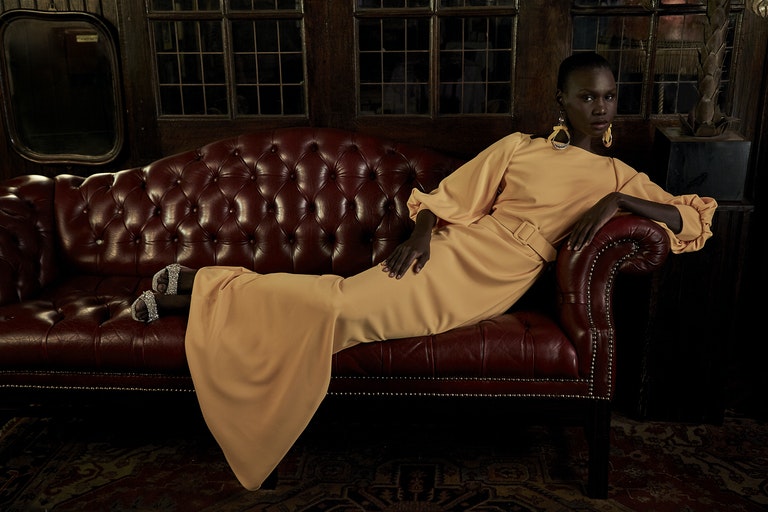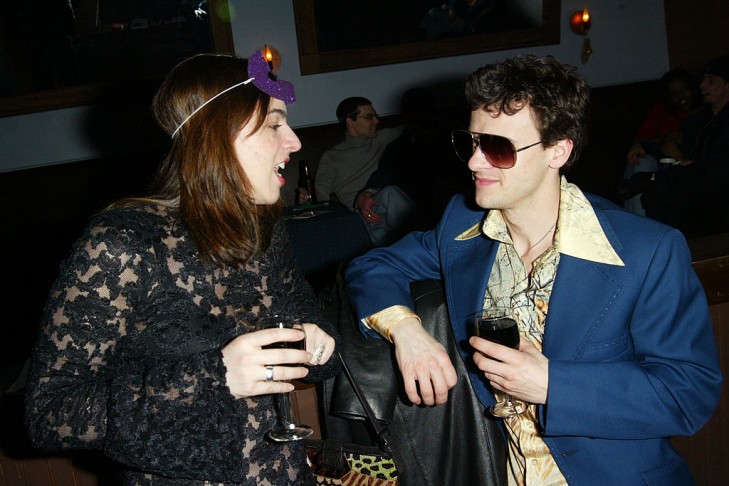
2 billion. 3 billion. 750 million.
These are the numbers for viewership of three of the primary royal weddings of the past 50 years. The weddings, of course, are (in order of the above viewership) for the Duke and Duchess of Sussex, the Duke and Duchess of Cambridge, and Prince Charles & Diana, Princess of Wales – all members (current or former) of the British royal family. The numbers listed above are astonishing for any event – but especially for events held in honor of those that retain the advantage of royalty in an age that seemingly prides itself on independence and working for what one has. So, we have to ask: what gives royal families such a mystifying allure to their admirers?
Let’s start, actually, with the fact that, per the Washington Post, there are still 26 monarchies that rule over 43 countries. That includes the Vatican, which is technically an absolute monarchy led by the Pope – currently Pope Francis. Although some monarchies still rule, many of them are purely ceremonial – with certain roles that they carry out based on tradition. We’ll look at a few of these members of royalty:

Princess Sikhanyiso of Swaziland is the daughter of King Mswati III, the first-born of many siblings. She graduated from the University of Sydney with a master’s degree in digital communication. In addition to being the country’s Minister of Information, Communication, and Technology, Princess Sikhanyiso released a single titled “Hail Your Majesty” to honor her father.

Queen Letizia of Spain, having worked as both a journalist and television presenter with multiple outlets, is the wife of King Felipe VI. She has a bachelor’s degree in journalism from Complutense University of Madrid and a master’s degree in audiovisual journalism from the Institute for Studies in Audiovisual Journalism. She is widely known throughout the fashion industry for being highly fashionable.

Queen Rania Al Abdullah of Jordan is the wife of King Abdullah II. A graduate of the American University of Cairo, she had careers in both the banking sector and the IT sectors before her marriage. In addition to being an advocate for various causes both nationally and internationally, she has authored multiple children’s books. She is closely followed by fashion watchers.
Interesting people though they might be, what causes such a critical mass of people to become so engaged with the happenings of royal figures the world over? It is not as simple as people being fascinated with their style so much that they enter the path of borderline obsession. While there could be any number of reasons, we would like to hypothesize a bit about what they could be:

Parasocial Relationship-Building
Parasocial behavior is a term created in 1956 to describe the psychology of relationships between fans and the celebrities that they shower with adoration. While this began as a descriptor of relationships with stars on the television screen, it later expanded to include others that are highly prominent in society. These relationships are one-sided because the public figures in question are very likely not even aware of their fans’ individual existence.
The media environment within which we exist in our current time does not help the situation. It is exceedingly easy to gain access to the happenings of one’s favorite famous personality – for our purposes, that would be one’s favorite royal family member(s) – via means that include social media, blogs, newspapers & magazines (be they print or online), and television, among others. One could follow as many members of the various royal families as one wants – and because that gives such an influx of information, it could result in genuinely feeling as if one is intimately connected to said royal. This is, again, leaving aside the fact that it is highly unlikely to occur that one would ever meet this person – but with parasocial relationships, the one-sided nature does not matter to the admiring party.

An Inclination Towards Hierarchical Structures
While it is not necessarily the case that all humans are naturally inclined to be hierarchical beings, it cannot be denied that we have become hierarchical in modern times. This tendency can be seen in the workplace, in our homes, in our social relationships, and in every aspect of public life. There are those that lead, those that follow, and those that are stuck somewhere in-between. Hierarchy invades every sector of our being, including class, race, gender, sexuality, age, religion, and others. It affects who moves ahead in life, and who gets left behind.
Those who appear to not have to worry about these sectors affecting their well-being and happiness, however, include members of the various royal families. They are above all of these issues [that non-royals have to worry about] via either birthright or marriage. Their status places them in another universe from the rest of mankind. They don’t have to walk among commoners if they choose not to – although many of them do, due to their charitable pursuits and other public appearances.

With this being the case, many voluntarily place royalty upon a pedestal. It is as if people have become so used to looking up at – and being beneath – others they see as being better than they perceive themselves to be that they deprive themselves of the ability to see their own inherent worth. People employ what modern-day philosopher Stephen Darwall calls “appraisal respect”, which is a form of respect meaning esteem that we have for those who display certain excellence. Darwall himself states it in this manner:
“Appraisal respect is an attitude of positive appraisal of a person either judged as a person or as engaged in some more specific pursuit. In the first case, the appropriate grounds are features of the person’s character: dispositions to act for particular reasons or a higher-level disposition to act for the best reasons. In the second case, though features of character do not exhaust the appropriate grounds for appraisal respect, some such character traits will be relevant (recognition respect for the standards of a particular pursuit).”
In applying this concept, people dole out respect based on the royals’ supposed possession of high character. And, to many, royals appear to have elevated morals – but there is no real basis for this reasoning. It bestows them with these traits that none can be certain exist within their person; indeed, royals are the definition of a privileged class of individuals.
Lack Of A Royal Family Within One’s Own Country
It would be easy to believe that, if one’s country doesn’t contain a royal family, then the concept of royalty would matter little to the lives of that country’s citizens. In this case, looks would be deceiving. The United States is a suitable example of this curious phenomenon. Former US President Barack Obama mentioned to Prince Charles on a 2015 visit to the White House in Washington D.C. that, “I think it’s fair to say that the American people are quite fond of the royal family. They like them much better than they like their own politicians.” Three years later, 29 million Americans would awaken in the early morning hours to watch the marriage proceedings of the Duke and Duchess of Sussex.
It is particularly unusual that U.S. citizens would love royalty, considering that the colony fought a war to escape the British Empire. Even during the American Revolution (1775-1783), there were many Loyalists to the Crown among a group that was made up predominately of Patriots. An estimated 15-20% is no small number, despite not being a majority of colonists.
These days, the closest that we Americans come to having our own version of royalty is Hollywood stars. And, whatever one has to say about the various royal families, that is not an adequate equation. Many Americans are positively infatuated with celebrities; it is an unceasing drumbeat of preoccupation with spectacle. The reasons for US citizens’ engrossment with celebrity could be an entirely different essay, and perhaps we will come around to it at some point. Let it stand as a point for now, though, that they have an unsatisfactory group of public officials, lives that threaten to break under the crippling weight of different forms of hierarchy, and no true sign that this situation will ever be any different. The various royal families, with all of their pomp and circumstance, can serve as a fairy-tale diversion for those who are suffering.
Though our stated reasons were only three of many, we believe that there is a wealth of validity behind them. When human beings in present times are told repetitively that there are certain figures in the world that are superior in every way to them by virtue of either birth or marriage to those in power, many react in one of three ways:
- Reluctant acquiescence to the belief that this hierarchy exists and must be upheld,
- Active revolt against those who would dare to tell them to subordinate themselves to those who were born to privilege, or
- Active admiration of those that hold these positions of royalty, with that admiration sometimes simmering over into obsession.
It seems that many these days are squarely at point #3.
To subscribe to Manic Metallic‘s Substack newsletter, click here. To follow us on Bluesky, click here.

